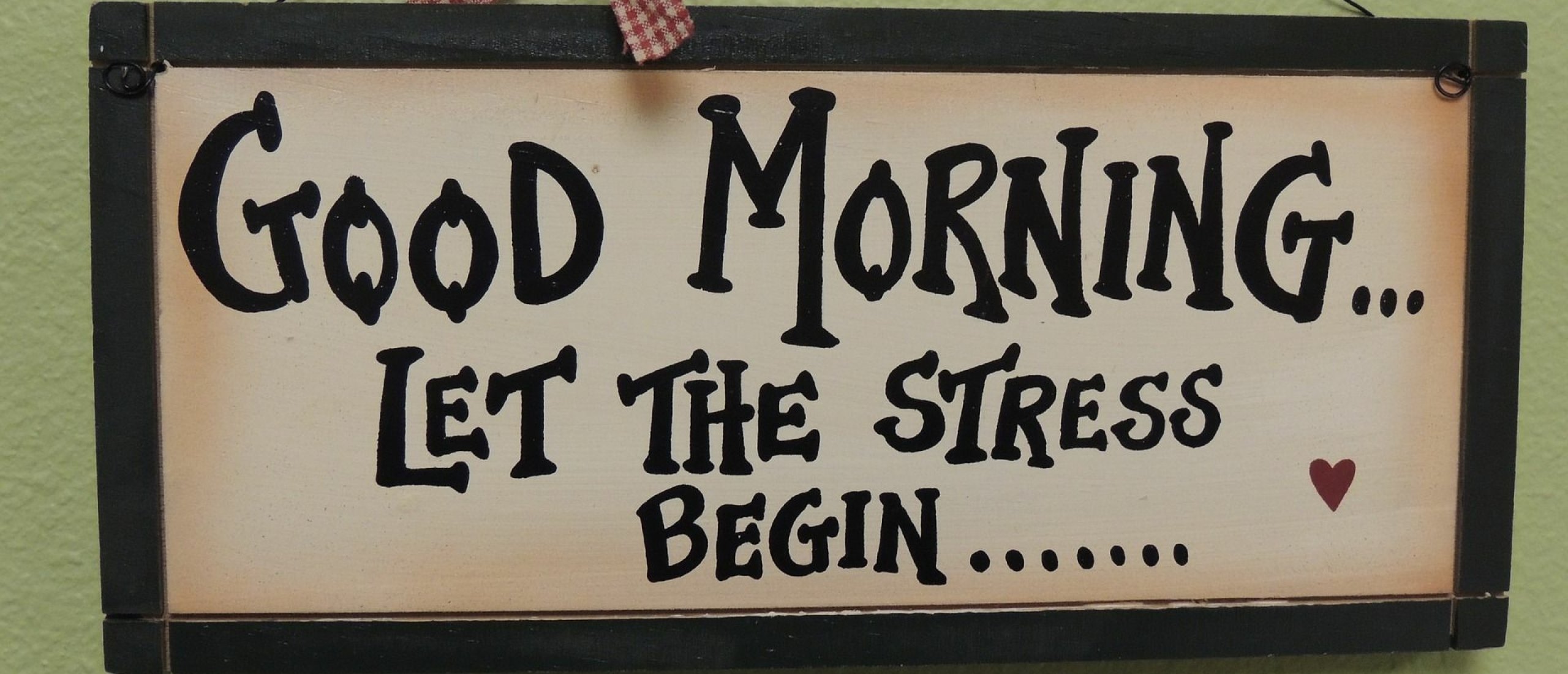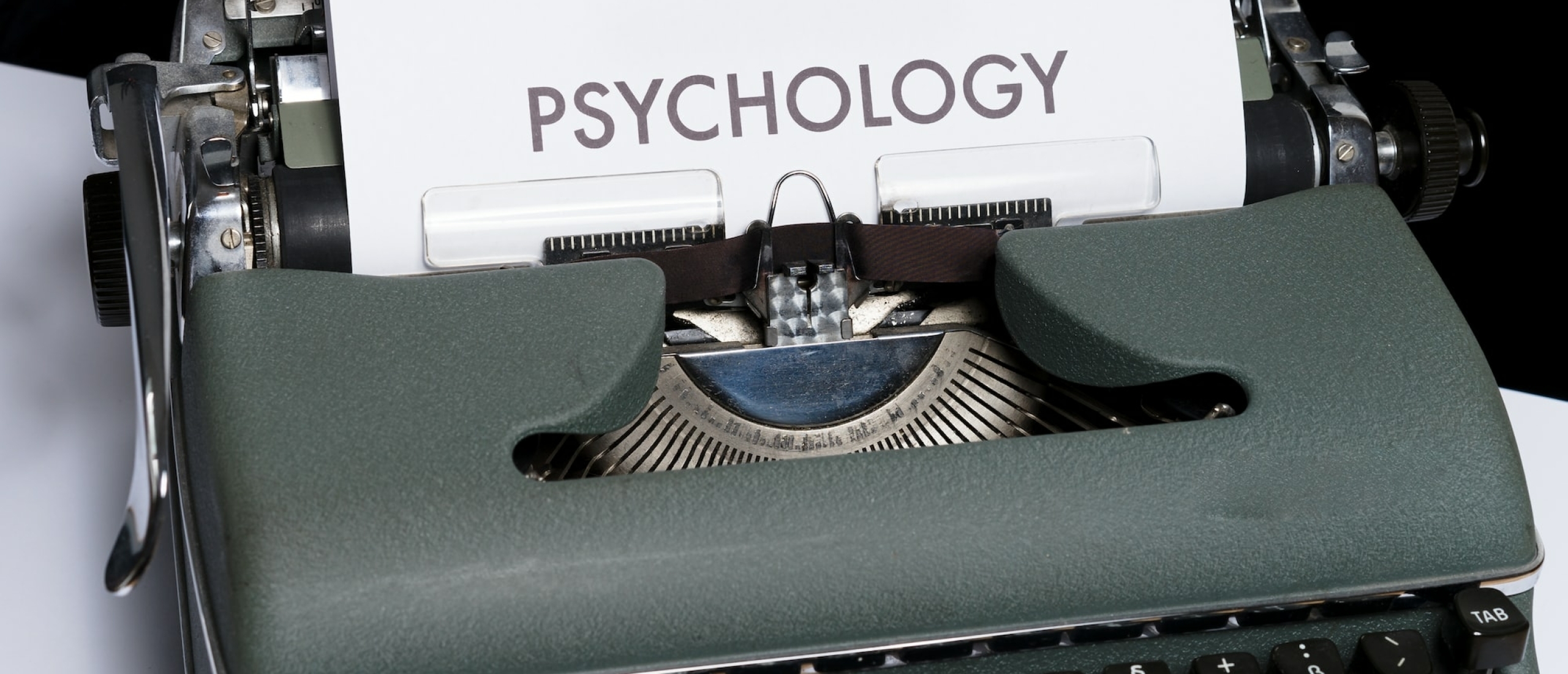
Imagine you wake up in the morning and immediately think of your work. About the problems that await you that day. Consequence: stress starts right away, even before you arrive at work. An American study, published in 2019, has shown this, and revealed that expecting stress is in itself stressful.
Expecting work stress inhibits short-term memory
American researchers at Pennsylvania State University have found that working memory (the memory that allows people to learn and retain information even when distracted) is worse in people, who expect a stressful day. This effect could be observed throughout the entire working day. Whether the stressful conditions occur or not makes no difference.
The study thus shows that the stress reactions already start before the actual stressful event occurs.
Stress expectancy and stress responses: a study using a smartphone
The researchers worked with 240 subjects, ranging in age from 25 to 65. They were all given a smartphone app. Using the app, they answered questions about stress and expectation of stress seven times a day for two weeks.
- Early in the morning, participants were asked whether they expected that the day would be stressful or not.
- During the workday, they were asked five times how stressed they felt.
- In the evening, participants were asked if they anticipated the next day to be stressful.
- In addition, the participants took a test five times a day to see how their working memory was functioning. The outcome of this test was linked to the participants' answers about expected stress and how stressed they felt.
Anticipating stress: at what time of day does it lead to stress?
A striking result was that thinking in the evening about stress at work for the next day did not lead to stress. Apparently, the next day's stress is still too far away to really worry about. If you wake up the next morning and then expect to have to go through stressful events that day, the stress responses kick in. These results were found in both young and older workers.
Weakness of this study of work stress
In the study, stress is measured as a function of working memory. The worse working memory functions, the stronger the indication that somebody is stressed. This correlation was evident in the participants' answers to questions about how stressed they felt.
It is unfortunate, however, that the researchers did not measure cortisol. Cortisol is a stress hormone, which can be easily measured in saliva. A hormone measurement would have given more insight into the stress reactions, and would have given more information about what exactly was happening in the subjects' bodies. In the morning when the people were thinking about the expected stress, and during the day when the people answered the questions about how much stress they thought they were under. Assessing your own stress situation is of course very subjective, and an objective hormone measurement would therefore have been a welcome addition to the study.
Stress reactions before the stress starts: good or bad?
Many people think that stress is something bad, because it can make you sick. Yet this is not entirely true. In the first place, stress is a good thing. It helps you to concentrate on the stressor (the thing that causes stress) and ensures that you release enough energy from the liver in the form of sugar. As a result, you don't have to eat first to get enough energy. You can deal with the stressor right away.
Therefore, it doesn't have to be bad at all if the stress reactions are already turned on in the morning when you expect to have a stressful day. Your body is then ready to deal with the problems that cause stress.
The disadvantage of stress responses to expected stress is that working memory does not function as well during the rest of the day. If stress due to expected problems at work occurs regularly, then this can start to affect working memory and work performance in the longer term. This is especially a problem for older workers, according to the U.S. researchers, because memory and learning decline with age.
Another disadvantage is that you may worry and feel stressed about problems that will actually not occur during the working day. You would in this case be stressed without reason. Your cognitive performance will then be less, and this could potentially lead to new problems that give stress.
Feeling stressed in anticipation of stress is thus a double-edged sword: on the one hand, it can help you to prepare for stress-related problems during the day, and on the other hand, you may feel stressed for no reason as the stress-related problems may never arise.
Stress at work
In conclusion, stress at work does not only concern the time spent at work. It can already start earlier, when you wake up in the morning and think about all the problems the work day will bring. It is likely that thinking about stressful situations has the same effects on stress as stressors (the factors that cause stress) themselves.
This means that thinking about possible stress at work later in the day produces the same health problems as the ones caused by the actual stressors. In the short term (i.e., the same day), this can reduce working memory, but this is only a temporary problem.
However, if you expect to be stressed almost every day, for good cause or without reason, then other problems can occur: cardiovascular disease, impaired immunity, and mental problems. Exactly the same health risks as chronic stress.
All the more reason to avoid stress at work as much as possible.
Reference
Hyun and others (2019). Waking up on the wrong side of the bed: the effects of stress anticipation on working memory in daily life. The Journals of Gerontology, series B, volume 74, issue 1, pages 38-46.











